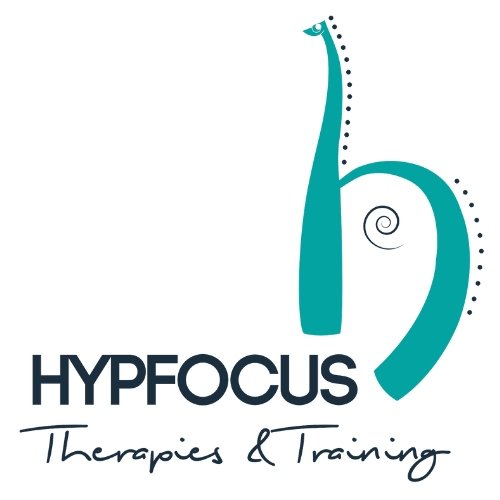Challenging the Stories We Tell Ourselves: Understanding Bias and Emotional Triggers
The stories we tell ourselves about our experiences shape how we view and respond to the world. These stories, or the meaning we assign to events, are often drawn from our past, where we have gathered countless memories, perceptions, and emotional reactions. While this process is natural and helps us make sense of life, it also tends to have a significant negative bias. This bias can influence our decision-making, leading us to sometimes jump to conclusions or make assumptions that are neither accurate nor helpful.
The Negative Bias: A Survival Mechanism
From an evolutionary standpoint, the brain is wired to prioritise negative experiences over positive ones. This bias, rooted in the need for survival, helped our ancestors detect and avoid danger. Today, however, it often clouds our judgment. When something reminds us of a past painful or stressful experience, we’re likely to react defensively or with heightened emotion. This might cause us to assume that a situation is worse than it truly is, leading to unnecessary distress or conflict.
For instance, I'd like you to imagine receiving critical feedback from a colleague. If a past experience of criticism felt threatening or demoralising, you might quickly interpret the feedback as an attack, even if it was meant to be constructive. In this moment, the brain draws from past experience, applying a meaning that triggers an emotional reaction—fear, anger, or anxiety. Recognisng this influence of past experiences can be enlightening and can lead to a deeper self-awareness.
The Power of Assumptions
Our assumptions act as shortcuts for interpreting events but are only sometimes accurate. When we rely on these shortcuts, we miss out on the opportunity to assess each situation with fresh eyes. Unchallenged assumptions lead us into patterns of thinking and behaving that may keep us stuck, repeating old emotional responses in new situations.
Challenging these assumptions is vital to emotional growth and mental clarity. It requires us to recognise when our responses are disproportionate or when we attribute past meanings to current experiences. We must ask ourselves: Is this situation truly the same as the one I remember? Are the people involved the same? Have my skills and emotional resilience grown since then? By questioning the accuracy of our assumptions, we can feel more empowered and in control of our emotional responses.
Acknowledging Differences and Similarities
While it is helpful to recognise patterns in life, it is equally important to notice the differences between past and present experiences. Every situation is unique, involving different people, contexts, and our evolving ability to manage challenges. By pausing to reflect on these differences, we reduce the chance of falling into old traps of assumption and reaction. At the same time, identifying similarities can provide insight into recurring themes and patterns that need addressing.
Using EFT and Hypnotherapy to Gain Clarity
When past experiences trigger emotions, it can be challenging to break free from the emotional charge long enough to assess the situation objectively. This is where therapeutic tools like Emotional Freedom Techniques (EFT) and hypnotherapy become invaluable.
EFT, also known as "tapping," helps to calm the body's stress response. By focusing on the emotion while tapping on specific acupressure points, EFT allows you to release the emotional intensity tied to an experience. Once this emotional weight is reduced, you can examine your assumptions with greater clarity and balance.
Hypnotherapy offers a deeper exploration of the subconscious mind. Under guided relaxation, you can access the root of particular beliefs or assumptions carried from the past. It becomes possible to reframe these beliefs and alter their emotional charge through hypnotherapy, helping you create a more neutral and realistic understanding of current situations.
Both EFT and hypnotherapy offer practical and effective ways to work through emotional triggers. By processing the emotional residue from past experiences, these techniques allow for more unbiased, clear-headed thinking in the present.
Moving Forward with Mindfulness
Mindfulness plays an important role in shifting how we assign meaning to our experiences. Mindfulness encourages us to pause, notice our emotional responses, and ask ourselves whether our assumptions are valid. This reflective approach enables us to recognise when we are reacting based on past hurts rather than responding to the present reality.
By challenging our assumptions, we foster emotional resilience and mental clarity. Techniques like EFT and hypnotherapy support this process, allowing us to break free from old narratives and create new, empowering meanings for our experiences.
By actively questioning our stories, we open new growth, connection, and healing possibilities.

